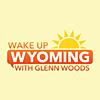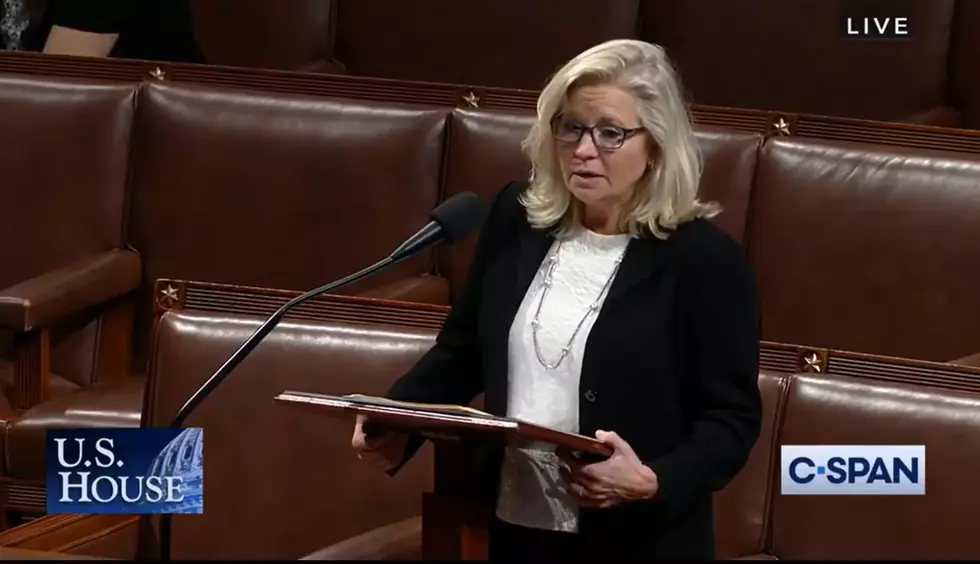
Cheney and Lofgren Propose New Law to Address Vote Counting Issues
On Monday, Wyoming representative Liz Cheney and Zoe Lofgren, representing the 19th district of California, introduced a bill to make a variety of changes to the counting of electoral votes.

The bill, the Presidential Election Reform Act, would make numerous changes that the congresswomen hope will prevent future issues in presidential elections, specifically as they relate to what Republicans attempted to do on Jan. 6, 2021.
While it is unclear what exactly would have happened on Jan. 6 if supporters of former President Donald Trump hadn't stormed the capital building, there was an attempt by over 100 Republicans in the House, and several in the Senate, to object to the votes from several states that Trump lost in.
Objections were voted on for Arizona, which failed in the Senate 6-93 and in the House 121-303, and for Pennsylvania, which failed in the Senate 7-92 and in the House 138-282.
There was also an attempt to have a slate of fake electors sent to Congress, an executive order was drafted to have the military seize voting machines, and a lawsuit was filed to allow former Vice-President Mike Pence to decide the results of the 2020 presidential election.
Both Cheney and Lofgren are members of the Jan. 6 committee.
In an op-ed in the Wall Street Journal, Cheney and Lofgren outline several areas that their new bill hopes to address.
Those areas include clarifying the role of the vice president in counting electoral votes, limiting the ability of members of Congress to object to the counting of votes, requiring governors to transfer electoral votes to Congress, and forbidding election laws from being changed after election day.
The bill would require certain things that relate to the Archivist of the United States, the head of the National Archives and Records Administration, including requiring governors to quickly transmit electoral results to the Archivist, make that transmission public, require the Archivist to preserve such communications for one year, and allow candidates to sue the Archivist if they don't transmit a certification.
In other areas, the bill also increases penalties on electors who fail their duties from the current $1,000 to $25,000, and it requires one-third in the House and the Senate to object to a state's electors, rather than the current amount which is one member from each state.
The reason for these changes, as Cheney and Lofgren state, is because they "intended to preserve the rule of law for all future presidential elections by ensuring that self-interested politicians cannot steal from the people the guarantee that our government derives its power from the consent of the governed."
It is unclear at this how likely it is that this bill will become law, though the Senate is also working on its own bill, the Electoral Count Reform and Presidential Transition Improvement Act of 2022, which was introduced on July 20.
That bill, which is similar to the one introduced by Cheney and Lofgren though not as comprehensive, was referred to the Committee on Rules and Administration and has eight Democrat sponsors and nine Republican co-sponsors.
Assuming all 50 Democrats vote for the bill, it would need 10 Republican votes in order to break a filibuster.
10 Of The Most Famous Wyomingites In History
Answers to 25 common COVID-19 vaccine questions
More From Wake Up Wyoming









